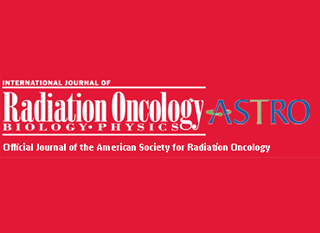
From the period of 1991 to 2006, 14,594 men with prostate cancer were exposed to brachytherapy-based radiation therapy for treatment. Among this set, 1,378 has experienced congestive heart failure or myocardial infarction. 22.6% of them were administered supplemental external beam radiation therapy and 42.9% were given 4 months of androgen deprivation therapy to decrease testosterone levels in their bodies that aids in cancer growth.
“We found that for men with localized prostate cancer and a history of heart problems, treatment with hormones plus radiation was associated with a higher all-cause mortality than treatment with radiation alone, even for patients with high-risk malignant disease. Despite Phase III data supporting hormone therapy use for men with high-risk disease, the subgroup of men with a history of heart disease may be harmed by hormone therapy,” commented Paul L. Nguyen, M.D., lead author of the study and a radiation oncologist at the Dana-Farber/Brigham and Women’s Cancer Center in Boston.
Adding hormone therapy to the treatment procedures of men with a history of heart issues seemingly raised death levels. The analysts found that among men with pre-existing heart conditions and high risk prostate cancer, 31.8% of them who were exposed to hormones couldn’t survive. This percentage was higher than the 19.5% who died amidst those who did not undergo this therapy. According to Paul, more trials are required to comprehend the mechanisms of this result. He also urges men with prostate cancer and a history of heart disease to refer to their physician for the advantages and risks involved in hormone therapy.
The research is published in the journal International Journal of Radiation Oncology•Biology•Physics.
